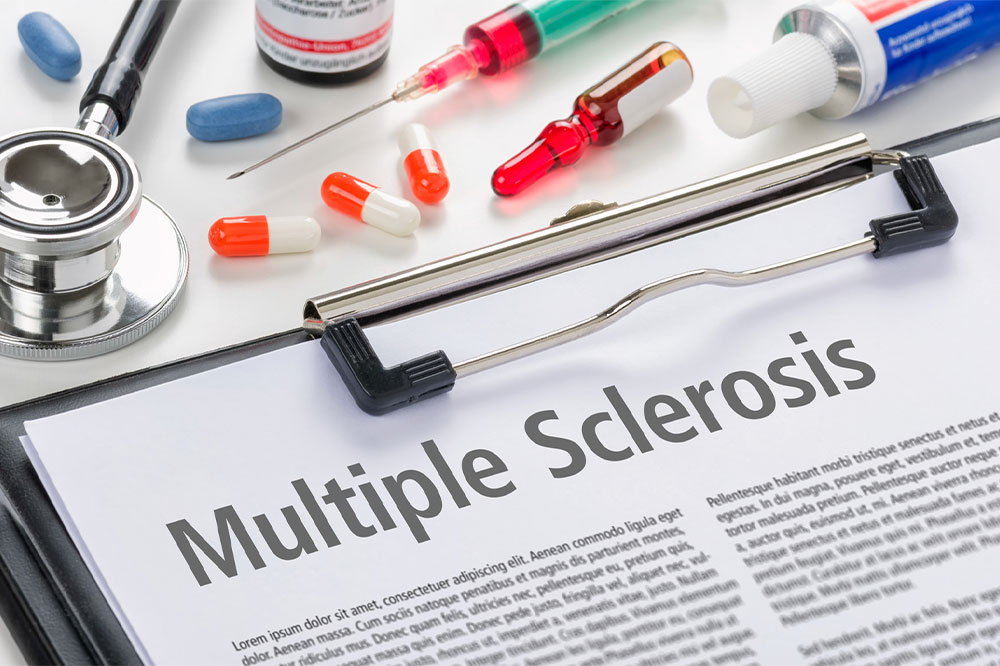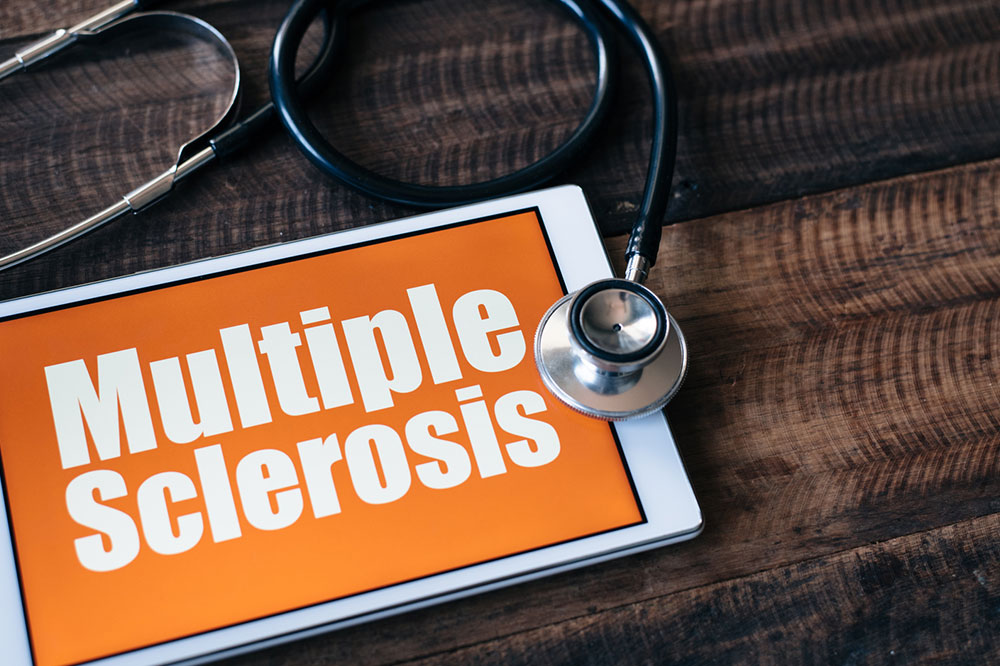Early Signs and Symptoms of Multiple Sclerosis You Should Know
Learn to identify the early signs of multiple sclerosis with this comprehensive guide. Recognizing symptoms like vision issues, tingling, fatigue, and cognitive changes can lead to early diagnosis and better management. Early intervention is critical for slowing disease progression and improving quality of life. Discover what symptoms to watch for and how consulting a neurologist can make a difference in your health journey.

Understanding the Early Signs of Multiple Sclerosis
Multiple sclerosis (MS) is a complex autoimmune condition that primarily targets the central nervous system, specifically affecting the protective covering of nerve fibers in the brain and spinal cord. This disease can significantly impact a person's quality of life due to its unpredictable and varied symptoms. While MS can develop in anyone regardless of age or gender, statistical data shows a higher prevalence among women aged between 20 and 40 years. Recognizing the early warning signs of MS is crucial for early diagnosis and effective management, which can help slow disease progression and improve long-term outcomes.
Multiple sclerosis is characterized by an immune system that mistakenly attacks myelin—the insulating sheath surrounding nerve fibers—leading to communication disruptions between the brain and other parts of the body. The symptoms associated with MS are diverse and can fluctuate over time, making early detection challenging. Nevertheless, there are some common early indicators that may suggest the need for medical evaluation.
Common Early Symptoms of Multiple Sclerosis
Among the earliest signs of MS are visual disturbances. These can include blurred or double vision, partial vision loss, or eye pain, especially during eye movement. These visual symptoms often occur unexpectedly and may persist or come and go intermittently. Tingling sensations or numbness in parts of the body such as the face, arms, legs, or trunk are also frequent initial signs. Individuals may experience a pins-and-needles feeling that can be mild or intense.
Muscle spasms and weakness are common early symptoms that can affect mobility. Patients might notice difficulty in coordinating movements or an unsteady gait. Fatigue is another hallmark symptom, often described as overwhelming tiredness that doesn’t improve with rest and may persist throughout the day. Dizziness and vertigo are frequently reported, causing feelings of imbalance or spinning sensations.
Bladder and bowel issues such as urgency, frequent urination, or incontinence can also signal early MS. Additionally, cognitive changes, including problems with concentration, memory, or processing information, may appear before more obvious physical symptoms develop. Emotional fluctuations, anxiety, and mood swings are often overlooked but can be early signs of neurological impact.
Why Early Detection Matters
Identifying MS symptoms early is vital because it allows for prompt diagnosis and the initiation of treatment options that may slow disease progression. Early intervention with disease-modifying therapies (DMTs) can help reduce relapse rates and prevent irreversible nerve damage. Regular check-ups with a neurologist are essential if any of these symptoms are persistent or worsening.
Diagnosing MS typically involves a combination of magnetic resonance imaging (MRI), neurological exams, and sometimes spinal fluid analysis. The sooner the diagnosis is confirmed, the sooner treatment can begin, helping patients maintain their functional abilities and overall quality of life.
Managing Symptoms and Improving Quality of Life
While there is no cure for MS yet, various treatment strategies focus on managing symptoms, reducing relapses, and improving patients’ daily functioning. Lifestyle modifications such as regular exercise, balanced diet, and stress management can be beneficial. Physical therapy and occupational therapy are often recommended to maintain muscle strength and mobility.
Medications like corticosteroids may be used to treat flare-ups, while disease-modifying drugs aim to prevent new attacks and slow progression. Additionally, support groups and counseling can help patients cope emotionally, especially as they navigate the uncertainties associated with MS. Early recognition and comprehensive management are key to living a fulfilling life despite the diagnosis.
In summary, understanding the early signs of multiple sclerosis is crucial for early diagnosis and effective disease management. Visual changes, sensory disturbances, fatigue, muscle weakness, and cognitive shifts are common initial symptoms that warrant attention. Prompt medical consultation and treatment can make a significant difference in controlling the disease and maintaining independence for those affected.





